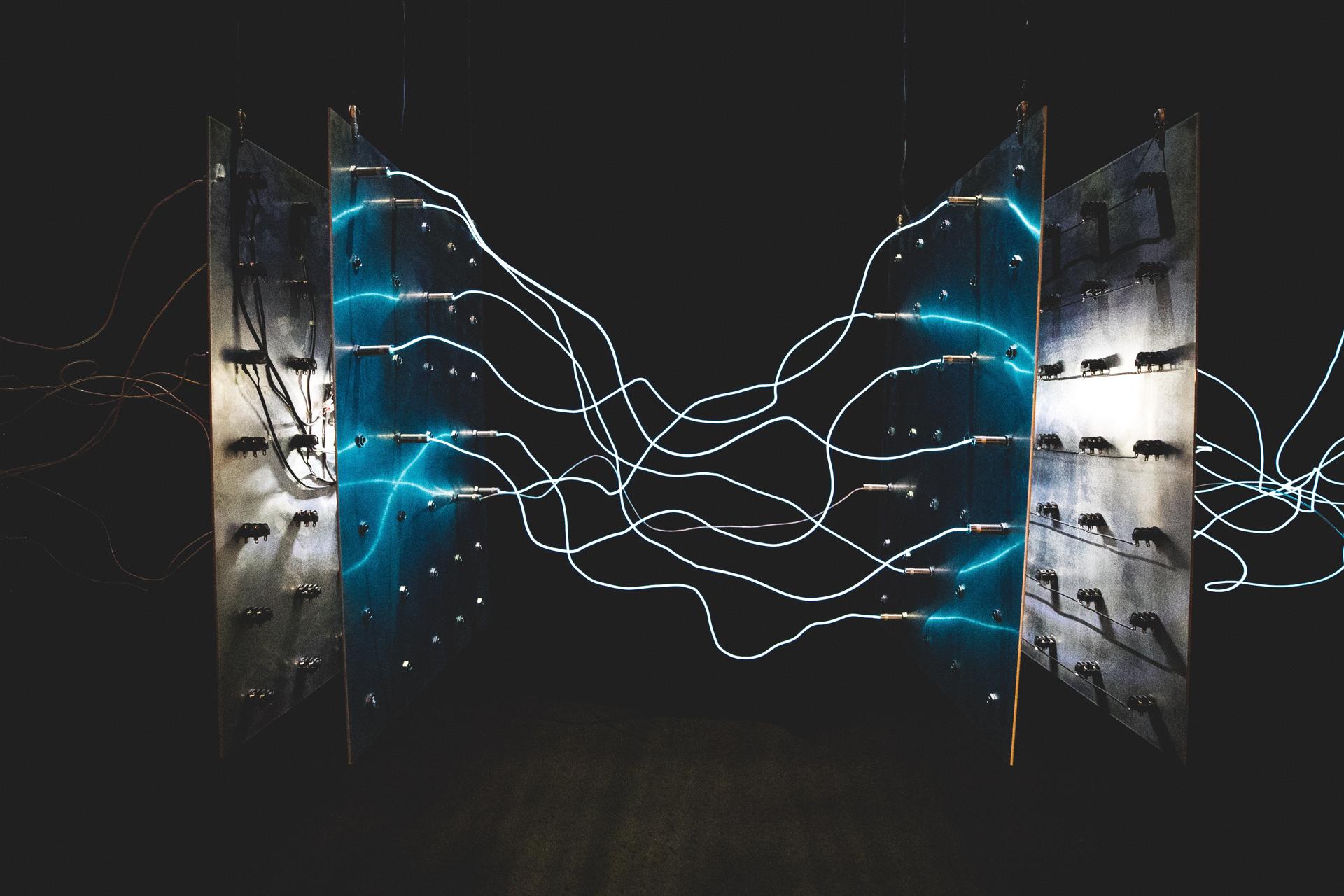Keep Your Home Safe: A Decade of Must-Know Electrical Safety Tips

If you are a home owner, the safety of your family as well as your property should be your top priority. A single of the crucial security features of your home is the electrical system. Electric injuries and accidents can be fatal, so it is important to take steps to prevent them. This article offers ten important electrical safety tips to protect your home and loved ones.
Tip 1: Check Your electrical cords regularly
Damaged or frayed electrical cords could pose a risk, causing sparks and electrocution. Make sure to regularly inspect your cords to ensure that they are in good condition. If you find any damages or damage, immediately replace them. It is also crucial to make sure that the cords aren’t placed in areas of high-traffic in areas where they could be chewed or tripped over by pets.
Tip 2: Keep electrical Devices Away from Water
Electricity and water can be an unwise combination. Make sure that electrical appliances are kept away from water sources such as sinks, bathtubs, and pools. If you are required to make use of electrical devices close to water, make sure they’re specifically designed for this purpose, and follow the safety guidelines of the manufacturer.
Tip 3: Be careful not to overload Outlets
The overloading of outlets caused by plugging multiple devices at once could cause fires and overheating. Use extension cords and power strips that have multiple outlets rather than overloading a single outlet. Ensure that the cords and power strips you choose to use are suitable for the power load they’ll be carrying.
Tip 4: Keep a Fire Extinguisher on Hand
In case of an electrical fire having a fire extinguisher within reach will help put out the fire fast and stop further damage from occurring. It is vital to get the appropriate kind of fire extinguisher that is compatible with the electrical system in your home. Look for a fire extinguisher that is classified to deal with Class C fires, which are caused by electrical devices.
Tip 5: Make use of Surge Protectors
Lightning strikes, power outages, or defective wiring could damage your electronics and appliances. Utilizing surge protectors will safeguard your devices by diverting excessive voltage to ground. Be sure to use surge protectors that are rated to the particular voltage of the device.
Tip 6: Hire a Professional Electrician to do Repairs
DIY electrical repair projects can be hazardous and can result in injuries or damage to your property. Hiring an insured and licensed electrician to repair electrical issues is crucial for your security and safety. We at Electricians of South Auckland, we have a team of expert electricians that can take care of every electrical need.
Tip 7: Install GFCIs in your home
Ground fault circuit interrupters (GFCIs) are able to protect you from electrical electrocution and electric shocks by detect ground faults, and then cutting off the electrical supply. Place GFCIs on areas where water is present like the kitchen, bathroom, and outdoor areas.
Tip 8: Don’t attempt Do-it-yourself electrical projects
DIY electrical work can be risky, and even one small error could cause serious damage to your home , and even your life. Let electrical work be handled by experts to ensure that the work is done safely and correctly.
Tip 9 How to Teach Your Children about Safety in the Electrical Safety
Instructing your children about the safety of electrical equipment is an important part of keeping them safe. Inform them about the dangers when playing with electrical devices and cords, as well as the necessity to avoid touching outlets. Inform them about what to do in the event of an electrical emergency, such as a power outage or fire.
Tip 10: Be Educated about electrical safety
Staying informed about electrical safety is vital to make sure you’re aware of potential dangers and ways to avoid them from happening. Be sure to follow Electricians of South Auckland on social media and read our blog to be informed about the latest electrical safety tips and trends. You can also consult with our experts electricians with any concerns or questions that you may have.
Conclusion
In conclusion, electrical safety is an essential aspect of keeping your home and your loved ones secure. By following these ten essential electrical safety tips to avoid injuries and electrical accidents, and secure your home. At Electricians of South Auckland, we are committed to providing the highest quality electrical services to make sure that your home’s electrical system is secure and secure. Contact us today for all your electrical requirements.
FAQ
Do you think it is safe to connect multiple power strips to one outlet?
This isn’t secure and could cause the possibility of an electric fire. Instead, use a surge protector that has several outlets.
Do I have to put a hair dryer in the tub?
Never use any appliances that are electrical near water, in particular in the bathroom.
When do I need to change the electrical cables in my home?
If you see any signs of cracks or damage to the cords it’s time to replace them.
Do I have to install GFCIs in my entire home?
It is recommended that you install GFCIs in areas where water is present like the bathroom, kitchen as well as outdoor spaces.
What is the best time to have my home’s electrical system inspected?
It is recommended to have an electrical check every 10 years or sooner if you notice any problems. Contact Electricians of South Auckland to schedule an inspection.
